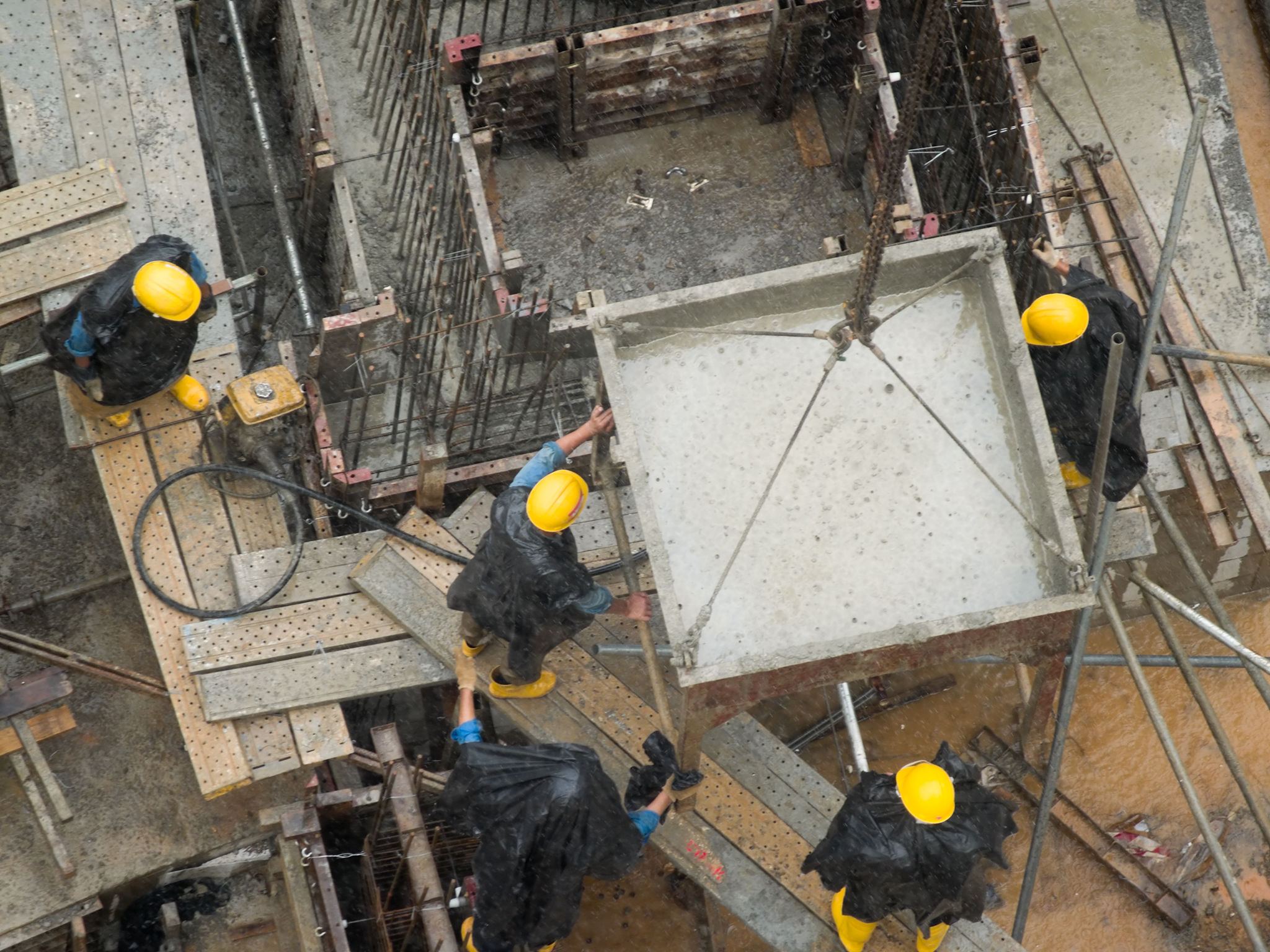Seasonal Insights: Preparing Construction Projects for Florida's Weather
Understanding Florida's Unique Weather Patterns
Florida is renowned for its beautiful beaches and sunny skies, but its weather can be quite unpredictable and challenging for construction projects. The state experiences a subtropical climate with distinct wet and dry seasons, which can significantly impact construction timelines and methods. Understanding these weather patterns is crucial for successfully planning and executing construction projects in the Sunshine State.
During the wet season, which typically runs from May through October, Florida experiences heavy rainfall, thunderstorms, and the potential for hurricanes. These conditions can cause delays, damage materials, and pose safety hazards on construction sites. Conversely, the dry season, from November to April, offers more stable conditions, but cooler temperatures can also affect certain construction activities.

Planning for Rain and Storms
One of the most significant challenges during Florida's wet season is managing the impact of rain and storms. It is essential to have a comprehensive plan in place to mitigate these effects. This plan should include strategies for protecting materials, equipment, and workers from adverse weather conditions.
Consider the following strategies to prepare for rain and storms:
- Weatherproofing Materials: Use tarps and weather-resistant coverings to protect materials from getting wet.
- Drainage Systems: Ensure efficient site drainage systems to prevent water accumulation.
- Flexible Scheduling: Build flexibility into project schedules to accommodate weather-related delays.

Utilizing the Dry Season Effectively
The dry season offers more predictable weather conditions, making it an ideal time for outdoor construction activities. However, cooler temperatures during this time can affect concrete curing and other temperature-sensitive processes. It's important to account for these factors in project planning.
Here are some tips for maximizing productivity during the dry season:
- Advance Planning: Schedule major outdoor tasks during this period to make the most of favorable weather conditions.
- Temperature Considerations: Monitor temperature forecasts to ensure optimal conditions for temperature-sensitive work.
- Resource Allocation: Allocate additional resources to capitalize on the stable weather conditions.

Preparing for Hurricane Season
Hurricane season in Florida runs from June to November, overlapping with part of the wet season. These storms can bring extreme weather conditions that pose significant risks to construction projects. Preparing for hurricanes involves proactive planning and responsive measures.
To safeguard your project during hurricane season:
- Emergency Plans: Develop comprehensive emergency response plans to protect workers and assets.
- Secure Structures: Reinforce structures to withstand potential high winds and flooding.
- Supply Chain Management: Ensure a steady supply of materials in case of disruptions caused by storms.
The Importance of Local Expertise
Working with contractors and project managers who have experience with Florida's unique weather conditions can be invaluable. Local experts understand the nuances of the climate and can offer insights to mitigate risks effectively. Their knowledge can help you navigate the challenges posed by Florida's weather throughout the year.
In conclusion, preparing construction projects for Florida's distinctive weather involves a combination of strategic planning, flexibility, and local expertise. By understanding the seasonal impacts and implementing proactive measures, you can ensure your projects progress smoothly despite the state's unpredictable climate.
